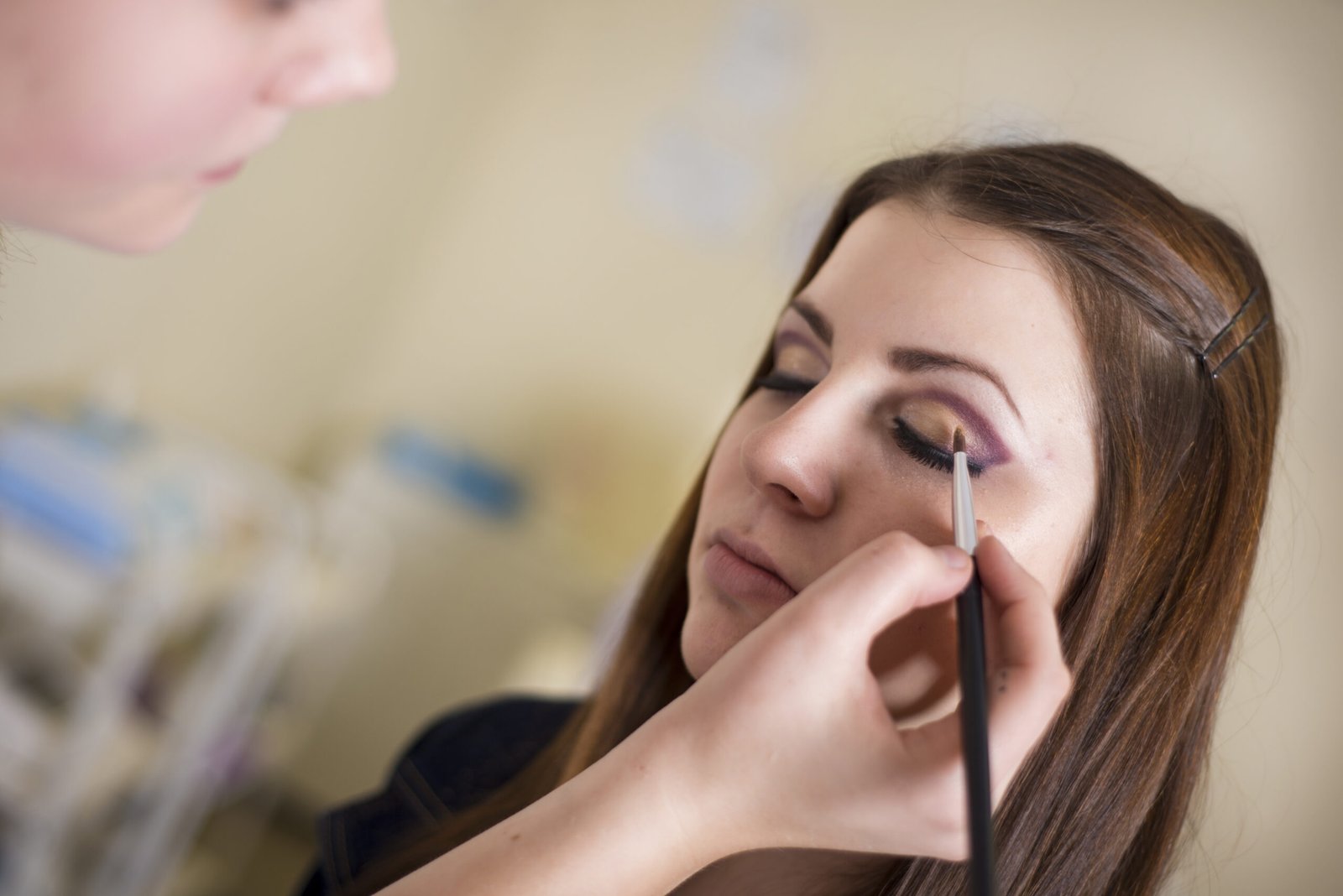Acne is a common skin condition that affects millions of people worldwide. It can be frustrating, painful and embarrassing, especially when it appears on your face or other visible parts of the body. While there are many acne medications available in the market today, not all of them work for everyone. In this blog post, we will explore what works, what doesn’t, and why you should consider natural remedies first.
One question that often arises when discussing acne is whether it is caused by fungus. The answer to this question is no; acne is not caused by fungus. Acne is primarily caused by excess oil production, clogged pores, bacteria buildup and inflammation. However, some people may experience breakouts due to certain food sensitivities or hormonal imbalances.
When it comes to choosing an acne med, there are several options available. Some popular choices include benzoyl peroxide, salicylic acid, and retinoids. Benzoyl peroxide is known for its ability to kill bacteria and reduce inflammation, while salicylic acid helps exfoliate dead skin cells and unclog pores. Retinoids, such as tretinoin, help regulate cell turnover and prevent plugging of hair follicles.
However, these medications may come with side effects such as dryness, irritation, and photosensitivity. They may also take time to show results, which can be discouraging for those seeking quick fixes. This is where natural remedies come in.
Natural remedies such as tea tree oil, aloe vera gel, and apple cider vinegar have been shown to be effective in reducing acne symptoms. Tea tree oil has antimicrobial properties that help kill bacteria and reduce inflammation. Aloe vera gel soothes and hydrates the skin, helping to reduce redness and swelling. Apple cider vinegar balances the pH levels of the skin, making it less favorable for bacteria growth.

For adults dealing with acne concerns, hormonal imbalances may be the culprit. Hormones such as testosterone and cortisol can cause an increase in sebum production, leading to breakouts. In such cases, natural remedies such as evening primrose oil, chamomile tea, and lavender essential oil may be helpful in regulating hormonal balance.
Another concern for older individuals who still struggle with acne is whether they should continue using harsh chemical-based products. The truth is, even old people can get acne as an adult due to factors such as stress, poor diet, and hormonal changes. Instead of relying solely on strong medications, they may benefit from incorporating natural remedies into their skincare routine.
In conclusion, while there are many acne medications available in the market today, considering natural remedies first can provide safe and effective relief from acne symptoms. Whether you’re young or old, struggling with adult acne concerns or simply looking for ways to improve your overall skin health, natural remedies offer a holistic approach to achieving clear, glowing skin.
